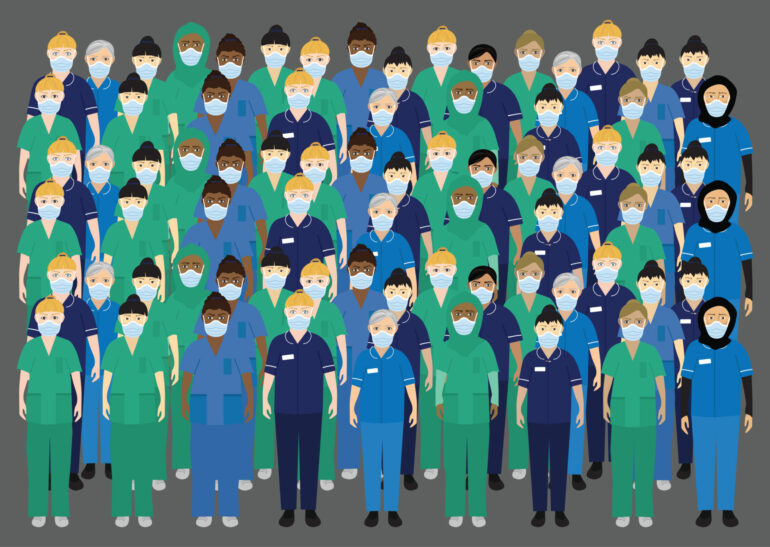Recent NHS England data reveals a concerning trend: every nurse took an average of a week off work last year due to stress-related illnesses, illustrating the severe pressures within the NHS.
The Royal College of Nursing (RCN) analysis indicates that stress, anxiety, and depression accounted for nearly a quarter (24.3%) of all sickness absence days in 2023, more than double any other category.
The RCN attributes these alarming figures to a chronic workforce crisis, with 34,000 nursing positions currently unfilled across NHS England, which significantly adds to the daily pressures faced by staff.
The RCN urgently calls for actions from NHS leaders and the government to mitigate these stress levels by improving recruitment strategies and working conditions.
Professor Pat Cullen, RCN general secretary and chief executive, highlighted the dire conditions: “Dangerous stress levels have become normalised inside an NHS which is unable to cope with demand. Chronic workforce shortages are putting nurses under unbearable pressure, unable to deliver the high-quality care they were trained to. To make matters worse, low pay means they can’t make ends meet when they go home. It is no way to treat our safety-critical profession.”
She further criticised recent government rhetoric around ‘sicknote culture’ as deeply offensive, urging for a shift in approach to genuinely support nursing staff through significant investment and a sustainable workforce strategy.
The financial strain on nurses, exacerbated by a 25% real-term pay cut since 2010, is also impacting their mental health and contributing to the challenges posed by the cost-of-living crisis.

















